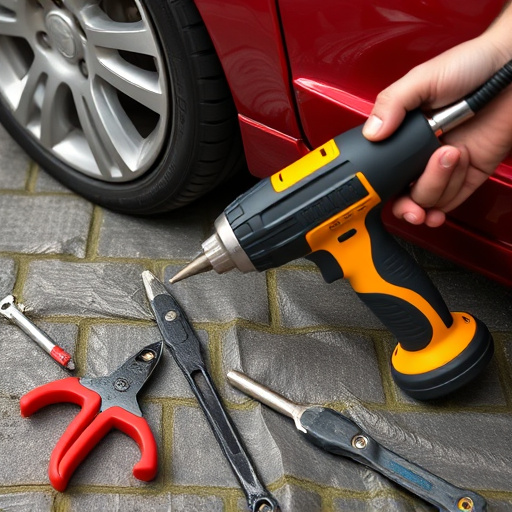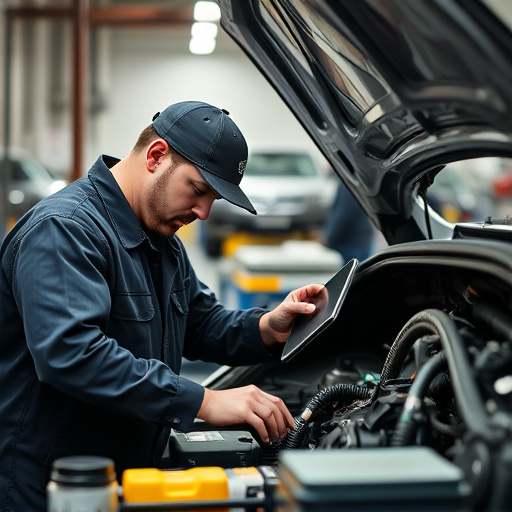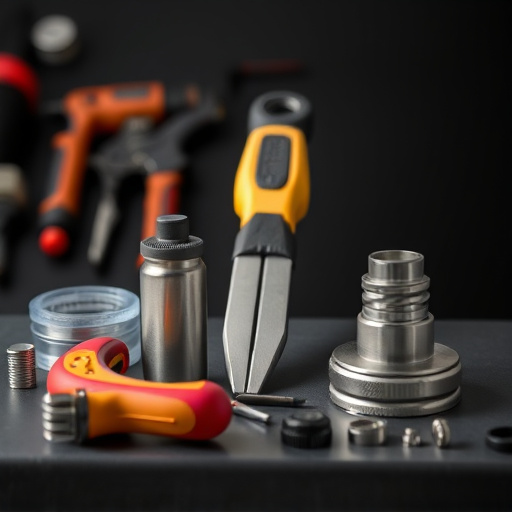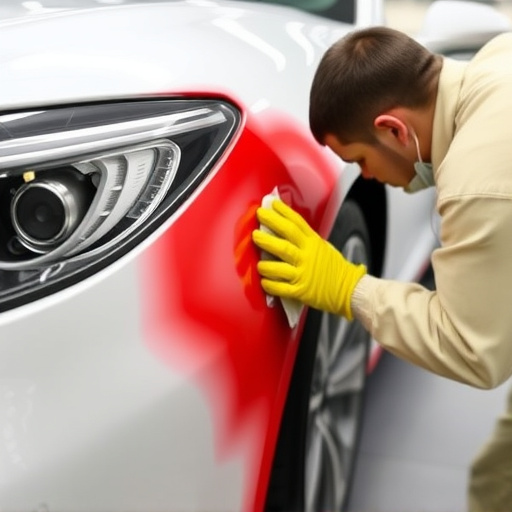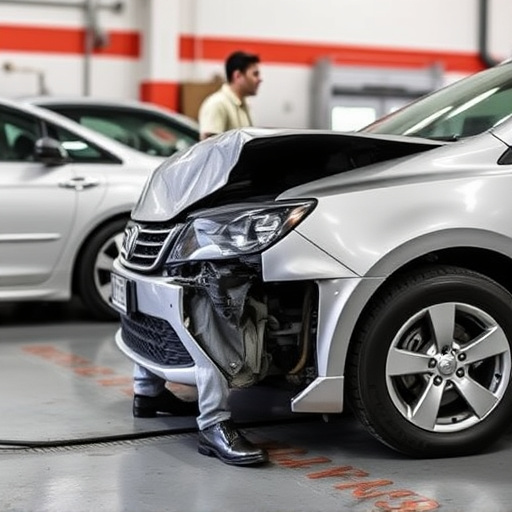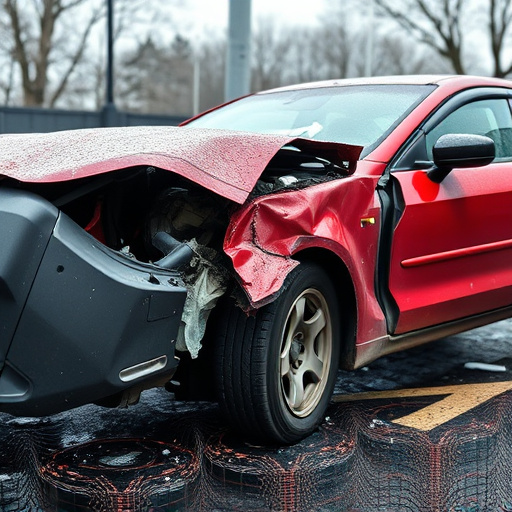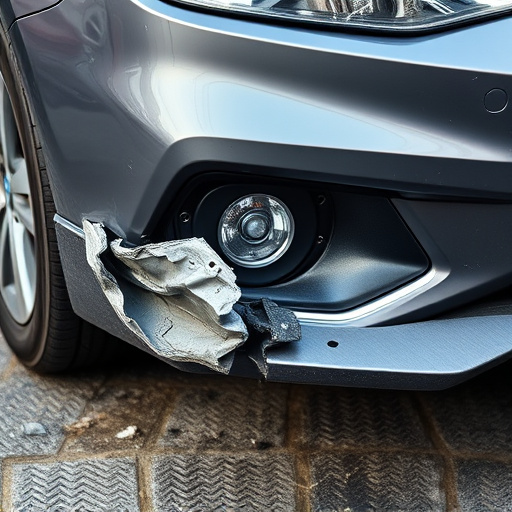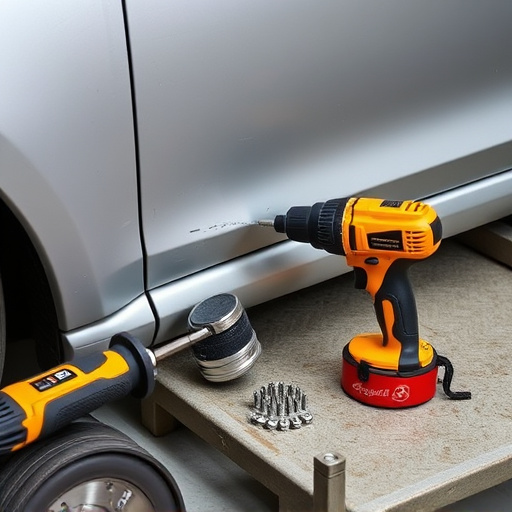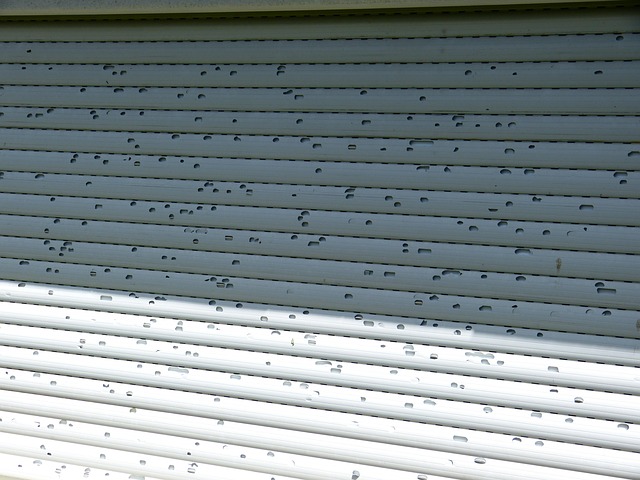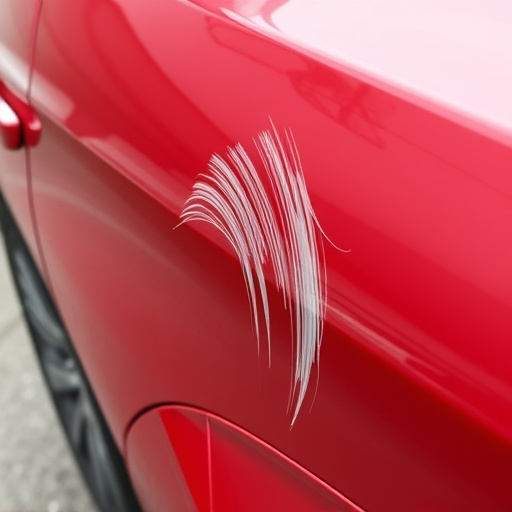Understanding key stakeholders like vehicle manufacturers, insurance companies, mechanics, and parts suppliers is crucial for the successful repair approval process, especially in luxury or classic car sectors. Collaboration ensures quality and safety. Efficient communication between these entities, including timely updates, accurate cost estimates, and detailed work explanations, streamlines the process, enhances customer satisfaction, builds trust, and promotes faster repairs.
In the complex landscape of vehicle repairs, understanding the key stakeholders involved in the repair approval process is crucial. This intricate dance involves everyone from insurance companies and auto shops to policyholders and manufacturers. By identifying and clearly defining each player’s roles and responsibilities, the approval process becomes more efficient. Streamlined communication between these stakeholders is vital, ensuring a smoother journey for all, from initial assessment to final sign-off, thus enhancing customer satisfaction and service quality in the repair industry.
- Identifying Key Players in Repair Approval
- Understanding Their Roles and Responsibilities
- Streamlining Communication for Efficient Approval
Identifying Key Players in Repair Approval

In the intricate web of the repair approval process, understanding who holds the reins is paramount. Identifying key players involves recognizing various entities integral to ensuring the integrity and quality of repairs, especially in sectors like automotive, particularly when considering luxury brands such as Mercedes Benz repair or classic car restoration. These stakeholders, each with distinct roles, collaborate to safeguard the value and safety of vehicles undergoing refurbishment or repair.
Among them are vehicle manufacturers, who set standards and guidelines for their respective makes; insurance companies, orchestrating financial aspects and authorizing repairs; certified mechanics or specialized repair shops, tasked with executing repairs according to approved methods; and sometimes, original equipment suppliers, providing authentic parts crucial for an accurate car repair services and preservation of the vehicle’s historical integrity in classic car restoration cases.
Understanding Their Roles and Responsibilities
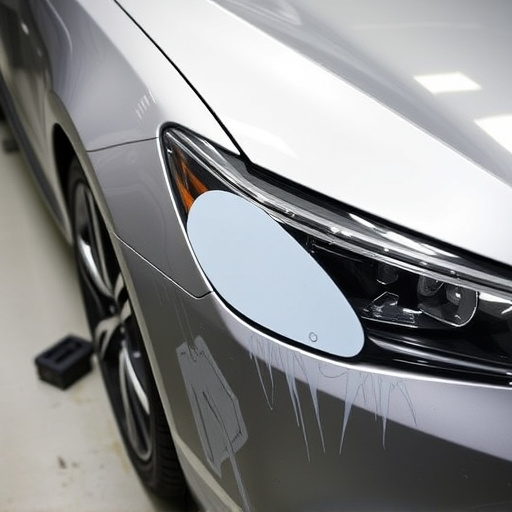
The success of the repair approval process hinges on the clear understanding and effective collaboration between several key stakeholders. These include automotive experts, insurance adjusters, and skilled technicians, each playing a distinct yet interconnected role. Automotive experts, with their deep knowledge of various car models and parts, are instrumental in assessing the scope of work required for repairs, ensuring precision and quality in car repair services. They also help set realistic expectations for customers regarding costs and turnaround times.
Insurance adjusters facilitate the financial aspects of the process by appraising damage, determining coverage, and negotiating settlements with policyholders. Their role is crucial in navigating the complexities of insurance policies while facilitating a smooth auto glass repair or car body restoration process. Skilled technicians, equipped with specialized tools and training, execute the actual repairs, demanding precision and adherence to safety standards. They bridge the gap between assessment and final restoration, ensuring that every fix meets industry benchmarks and customer satisfaction.
Streamlining Communication for Efficient Approval
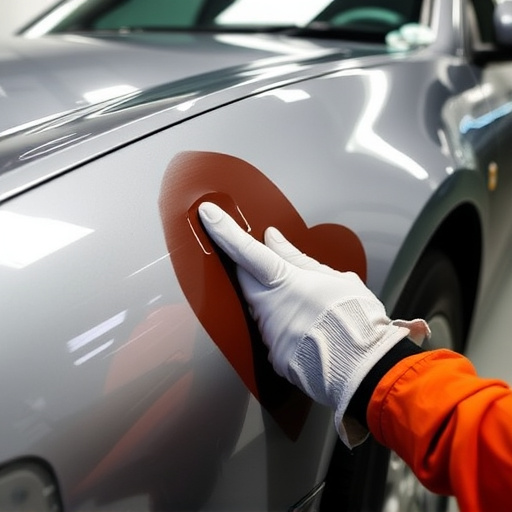
Efficient communication is a cornerstone of a streamlined repair approval process. With various stakeholders involved, from insurance companies to vehicle owners and auto repair shops, clear and consistent messaging ensures everyone is on the same page. This includes timely updates on claims status, accurate estimates for car collision repair costs, and detailed explanations of the proposed work, especially when it comes to automotive body work. Effective communication also facilitates quick decision-making, reducing turnaround times without compromising quality.
This seamless flow of information is crucial for maintaining customer satisfaction. For instance, an owner seeking auto repair near me should receive prompt feedback about their claim’s progress and cost estimates. Moreover, clear communication helps to build trust between all parties involved in the repair approval process, fostering a collaborative environment that benefits everyone, from ensuring timely repairs to enhancing customer loyalty.
The repair approval process involves a coordinated effort from various key stakeholders, each playing a vital role in ensuring efficient and effective repairs. By identifying these players and understanding their responsibilities, organizations can streamline communication and optimize the entire repair approval workflow. This collaborative approach not only enhances operational efficiency but also contributes to higher customer satisfaction by facilitating timely and accurate repairs.
